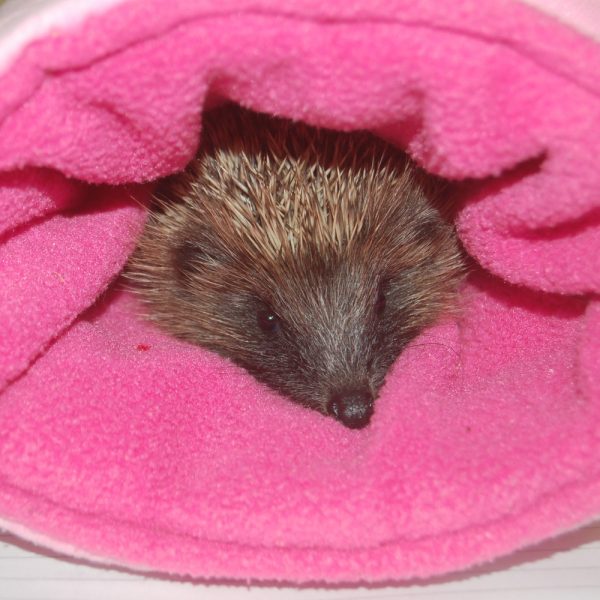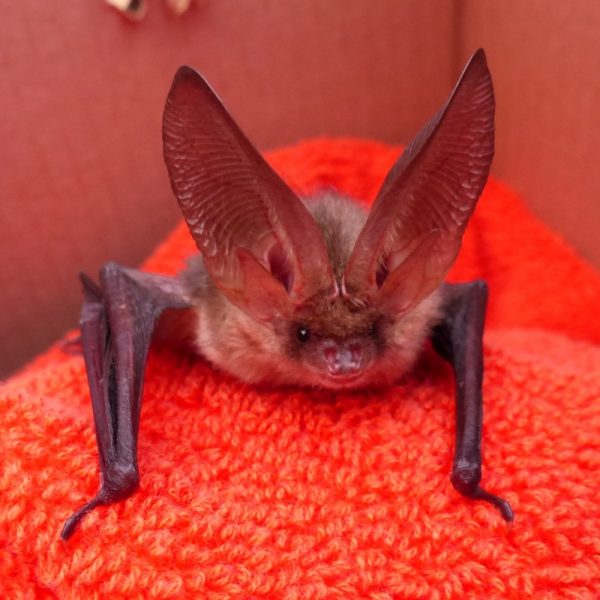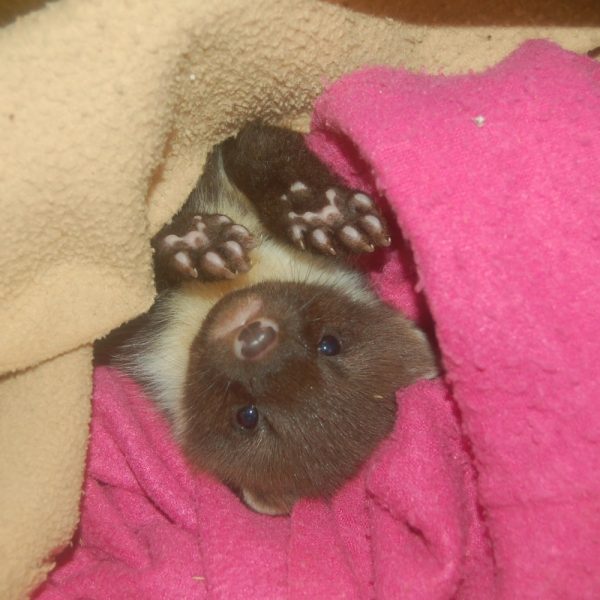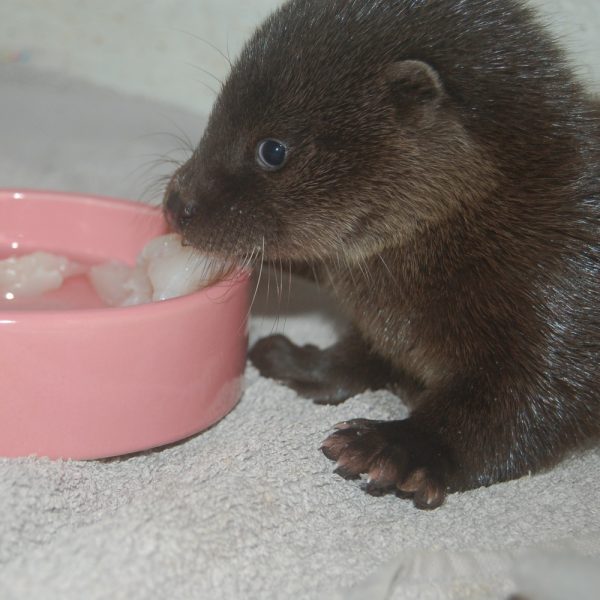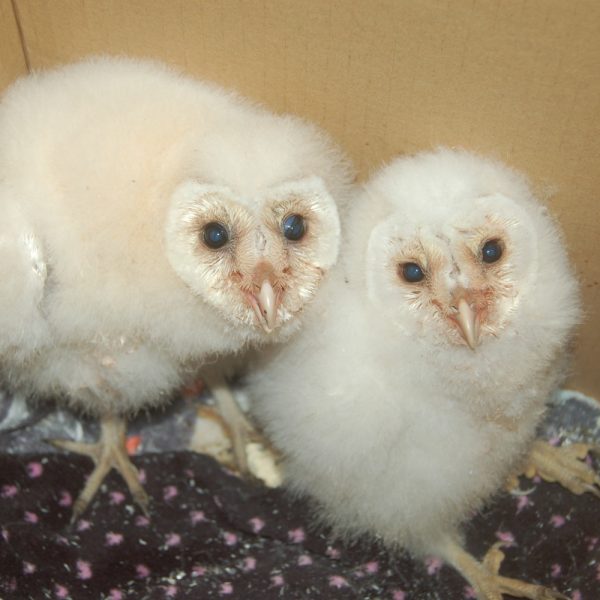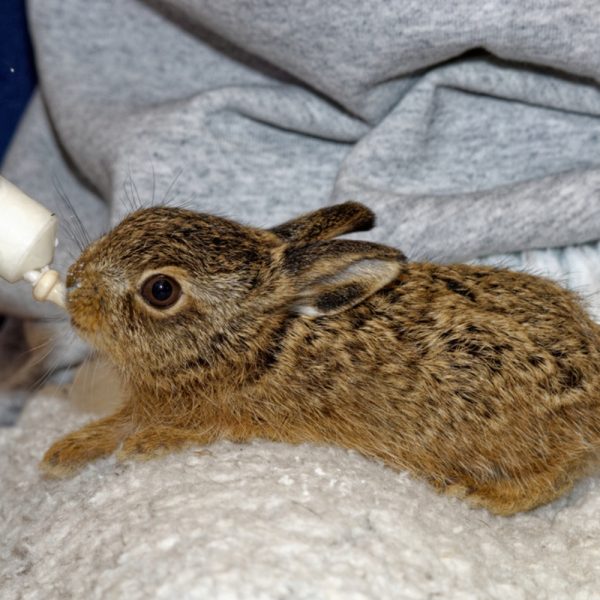Mammals
Test for dehydration by raising the skin. If it remains tented, the animal is dehydrated. Try to get the animal to drink rehydration fluid from a bowl; if this fails try using a dropper or syringe. In severe cases, the animal may need sub-cutaneous fluids-see a vet. Never give food to a casualty until its body temperature is normal and it has been re-hydrated.
Never give food to a casualty until its body temperature is normal and it has been re-hydrated for 24 hours.
Feather care
When handling, transporting, and housing birds, be aware that damaged feathers can cause additional problems. If flight feathers are broken, they will not be replaced till the bird moults, which may be in several months’ time. Never keep a bird in a budgie cage without covering three sides with a towel or similar. Aviaries should be similarly screened.
All birds capable of doing so should be allowed to perch. Ensure perches are high enough to keep tail feathers off the bottom of the cage. A variety of different sized perches is best, and they should be wide enough to prevent hind claws puncturing the ball of the foot. Birds will use the highest perch they can reach for roosting. Make sure food and water dishes are not under perches, and that lower perches are not directly under higher ones.
Hedgehogs
The most common mammal to come into care, and susceptible to a wide range of diseases and injuries. Most injured hedgehogs will require a source of heat, and must be covered with light bedding, e.g. fleece.
Mange/ringworm
Flaky or scaly skin, loss of spines, scabby faces and thickened ears are signs of ringworm. Mange is often present too. Consult a vet for treatment. Many homeopathic/alternative skin products help promote a full recovery, e.g. Bach flower remedies, one drop each of crab apple and agrimony in water, tea tree oil, aloe vera. Wash hands to avoid catching ringworm.
Maggots
During hot weather, sick and injured hedgehogs are likely to suffer from flystrike. Examine hogs carefully and remove all fly eggs (they resemble sawdust). Maggots quickly burrow beneath the skin and into body orifices. All must be removed. The best method is to remove using tweezers. Contact us or seek veterinary treatment at an early stage. Hedgehogs with large maggots will probably need to be PTS.
Lungworm
A common hedgehog ailment causing coughing and weight loss. Needs vet treatment.
Injuries
Strimmer injuries are often serious and irreparable. Abscesses are often associated with leg fractures and will usually have caused such damage that bones will not heal. Eye problems are common. A blind hedgehog can survive in the wild but may lose track of night and day.

